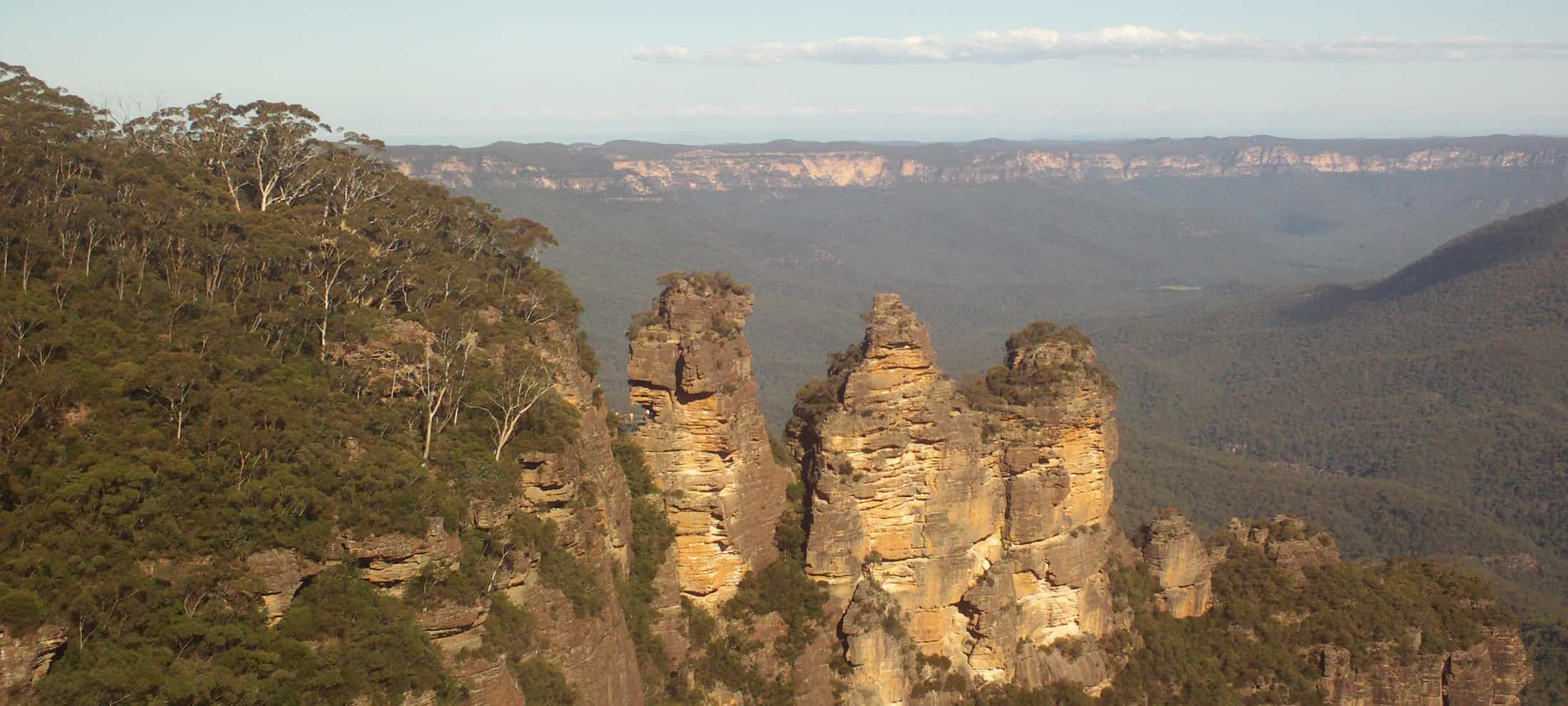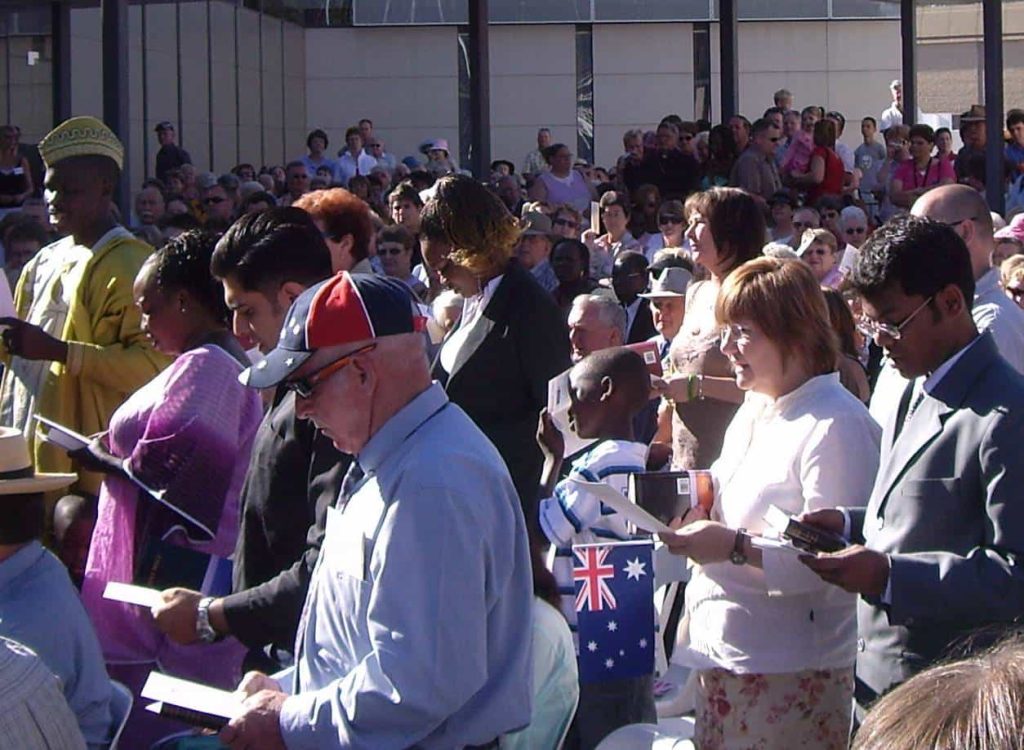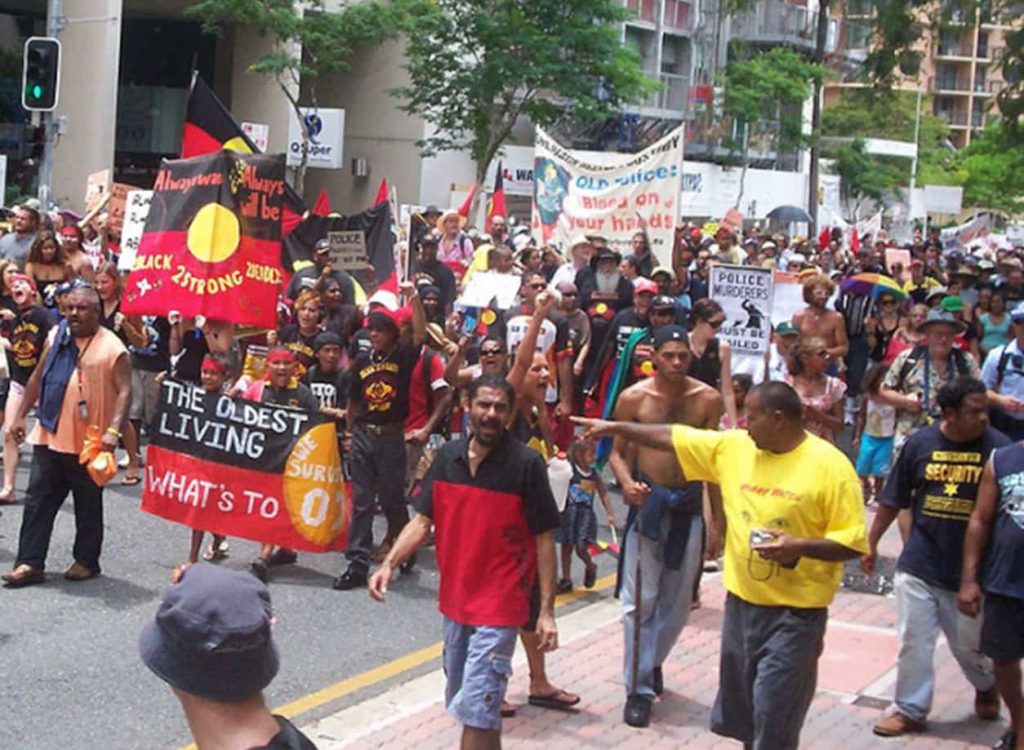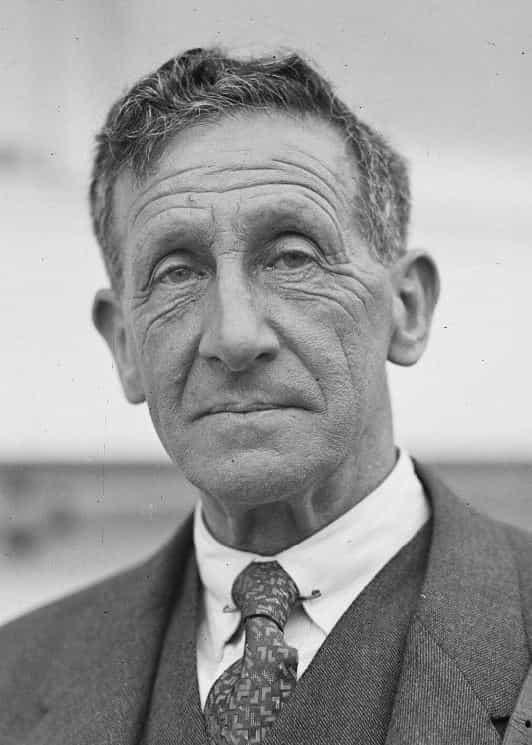
Why Foundation 1901?

We, the people of Australia
In Australia, we vote to keep or change our governments or our whole system of national government known as Federation.
The Rule book for our Federation is the Commonwealth Constitution.
To change the Rule book itself we need a special vote called a referendum and the way we do this is also set out in section 128 of the Commonwealth Constitution.
We don’t change our Federation very often because change is very difficult to achieve. Depending on your perspective, that may or may not be a good thing.
We, the people of Australia, collectively, are the only ones who have the right to keep it, tinker with bits of it or ditch it completely.
Keep it, tinker or ditch?
Foundation 1901 is dedicated to spreading understanding of our past, good and bad, from diverse perspectives. Only then, can we clearly see who we are as a nation to continue to work towards an Australia we can all be proud of.
What sort of things?
The Commonwealth Constitution (the Rule book) sets out the responsibilities the Commonwealth Government is responsible for. It includes things like trade and commerce, taxation, defence, “naturalization and aliens” (or citizenships and immigration) and light houses.
There is nothing about education and health. These remain the responsibilities of the State Governments. So why does the Commonwealth Government spend so much on them?
Which government should be responsible for keeping our borders safe? International or state borders?
Which government should be responsible for (and capable of) paying for the decisions they make? Under what circumstances?
This list was written before 1901 – before the first airplane and way before the first computer. Is this list still relevant?

None of us wants to pay tax but most people recognise that all governments need to collect tax revenue so they can pay for all of the things that our society expects – hospitals, police, teachers, roads, defence and social security.
How much money do they need to collect? How much tax should each person pay?
There are so many taxes. Why? Which government collects which tax?
Would we be prepared to pay more? Under what circumstances?
These parts of the Constitution are essentially legal or structural and help keep Australia organised and predictable. Again, most would agree that we as citizens should have confidence that the laws we live with apply to everyone equally.
Does everyone feel that way?
Should the Rule book say anything about who we are as Australians and the social fabric that has evolved? What about recognition in the Rule book for our indigenous brothers and sisters? Who should have a say about the Uluru Statement?
A Bill of Rights – We don’t have one? I hear you say. Do we need one? And, which rights? Whose rights? Should any discussion about our ‘rights’ in the Rule book also consider our ‘responsibilities’? There are many other questions that could and should be part of our national discussion, whether we choose to change them or not:
Constitutional monarchy or republic? Australia is a constitutional monarchy. Should we keep it? If we decide a ‘republic’ is more appropriate, what should a republic look like?
Australia’s flag? Flags?
Northern Territory and Australian Capital Territory do not have the same control over the people in those regions as State Governments have over their people. What does that mean?
We could go on.
Commonwealth Constitution
Our Commonwealth Constitution has served the majority of us well since 1901 but when should laws, let alone our Constitution, change? Who should have the opportunity to be involved in the discussion? How often should we do it?
Constitutions are tricky things to get right.
Robert Garran wrote:
“But though the Constitution is much, it must not be supposed to be everything. It is, in itself, merely the means to an end; merely the dead mechanical framework of national unity. The life and soul of the union must be breathed into it by the people themselves.
When a Constitution has been framed and adopted, the work of Australian union will have been begun, not finished. The nation will be a nation, not of clauses and sub-clauses, but of men and women; and the destiny of Australia will rest with the Australian people rather than the Australian Constitution.
The work now in hand – the making of a Constitution – is great and important; but it is the beginning not the end.” (The Coming Commonwealth 1897:185).
Garran also had great faith in us. In 1958, he wrote:
“But, after all the law claims to be, and is, the sublimation of common sense, and it is an article of faith with me that there is nothing in the Constitution or its history that is incapable of comprehension of an attentive mind really interested in public affairs” (Prosper the Commonwealth 1958:ix).
Surely we, the people of Australia today, still embody the qualities and strengths, as well as a few frailties, that Garran identified in us in his era.

Funding
Consistent with the long-standing Australian folklore of self sufficiency, Foundation 1901 will be funded through majority non-government sources. It was granted charity status in 2014 and non-enduring DGR status in 2019 until 2021. Further DGR arrangements for 2021 onwards have indicative approval.
The establishment of the Foundation, while important, is a starting point in generating a much needed permanent national discussion about our Federation that will, of necessity, include many voices and interests.